If you've ever asked yourself, "Why are my muscles soft even though I work out?" — you're not alone. It's a surprisingly common concern among lifters, athletes, and fitness beginners alike. You might expect that with all the weight lifting, resistance bands, or bodyweight workouts you're doing, your muscles should feel rock-hard all the time. So why do they sometimes feel soft, squishy, or even a little flabby after a workout?
Let’s break it down — and understand what’s really happening beneath the skin.
Are Muscles Supposed to Feel Soft?
At rest, muscles are soft by nature. Muscles are living tissues made of fibers that are flexible and elastic. They contract and harden when activated, but when relaxed, they naturally feel more pliable.
So if you've noticed your muscles feel soft when flexing lightly or your biceps feel soft after working out, it's actually normal. Having muscles that are soft at rest doesn't mean you’re weak or out of shape — it's simply how healthy muscles behave.
Why Do My Muscles Feel Soft After a Workout?
There are a few key reasons muscles feel soft after a workout:
-
Temporary Muscle Fatigue:
After intense training, your muscles are temporarily exhausted. This leads to a phenomenon called "muscle pump" fading. Once blood flow returns to normal, muscles feel softer compared to how pumped they were during exercise. -
Inflammation and Fluid Retention:
Workouts create small amounts of inflammation inside your muscle fibers. Your body responds by sending fluids to the area for recovery, making muscles feel squishy or swollen without the hard tension you might expect. -
Lack of Full Muscle Development:
If you're early in your training journey, your muscles are still building density. It’s common to hear people say, "I lift weights but my muscles are soft."
True muscle tone takes months — even years — of progressive overload, nutrition, and consistency to develop.
Why Are My Muscles Squishy Even When I Flex?
If you wonder, "Why are my biceps soft when I flex?" or "Why is my muscle soft when I flex?" — you’re touching on muscle tone versus body fat.
Even trained muscles can feel softer if there's a layer of fat covering them. You might have strong muscles underneath, but if body fat percentages are higher, it will "cushion" the muscles, making them seem squishy.
It’s completely possible to be strong and have soft muscles — especially if you’re in a bulking phase or simply have a bit of "normal" healthy body fat.
Muscle Softness: When It’s Normal — and When It’s Not
In most cases, soft muscles after exercise are a sign of normal recovery.
However, if you notice extreme muscle softness combined with weakness, swelling, or pain, it could signal:
-
Overtraining
-
Nutritional deficiencies (especially protein intake)
-
Dehydration
-
Medical conditions like muscle atrophy
Always listen to your body. If you're concerned, consulting with a healthcare provider or sports medicine specialist can provide peace of mind.
I Work Out, So Why Is My Body Still Soft?
“Why is my body soft even though I workout?”
This often boils down to a few factors:
-
Body Composition: Building muscle doesn't automatically burn fat. If fat loss isn’t addressed through diet and cardio alongside lifting, muscles can grow under a soft layer.
-
Training Variety: Incorporating strength training, hypertrophy (muscle growth) work, AND fat-burning activities is key.
-
Recovery: Poor recovery or sleep can blunt muscle growth and promote fat retention.
How to Make Your Muscles Look and Feel Firmer
If you're hoping for muscles that look and feel firmer over time, focus on:
-
Progressive Resistance Training:
Gradually increase the weight you lift or the resistance you use over time. -
Proper Nutrition:
Protein intake is critical for repairing and building strong muscle fibers. Aim for a balanced diet that supports muscle growth and fat loss. -
Body Fat Reduction:
Cardio workouts and calorie control help shed the fat layer that may be hiding muscle definition. -
Consistency and Patience:
Visible changes in body composition usually take months of steady effort — sometimes longer.
Final Thoughts: Soft Muscles Aren't a Bad Thing
Hearing phrases like "why are muscles soft," "muscles feel soft after workout," or "muscles are flabby after workout" might make you worry something's wrong. But in truth, soft muscles are a normal and healthy part of the fitness journey.
Muscle density, firmness, and definition come from time, training, and total body composition improvements — not just lifting weights for a few weeks.
Stay consistent, trust the process, and remember: the way your muscles feel today doesn’t define the strength you're building underneath.

















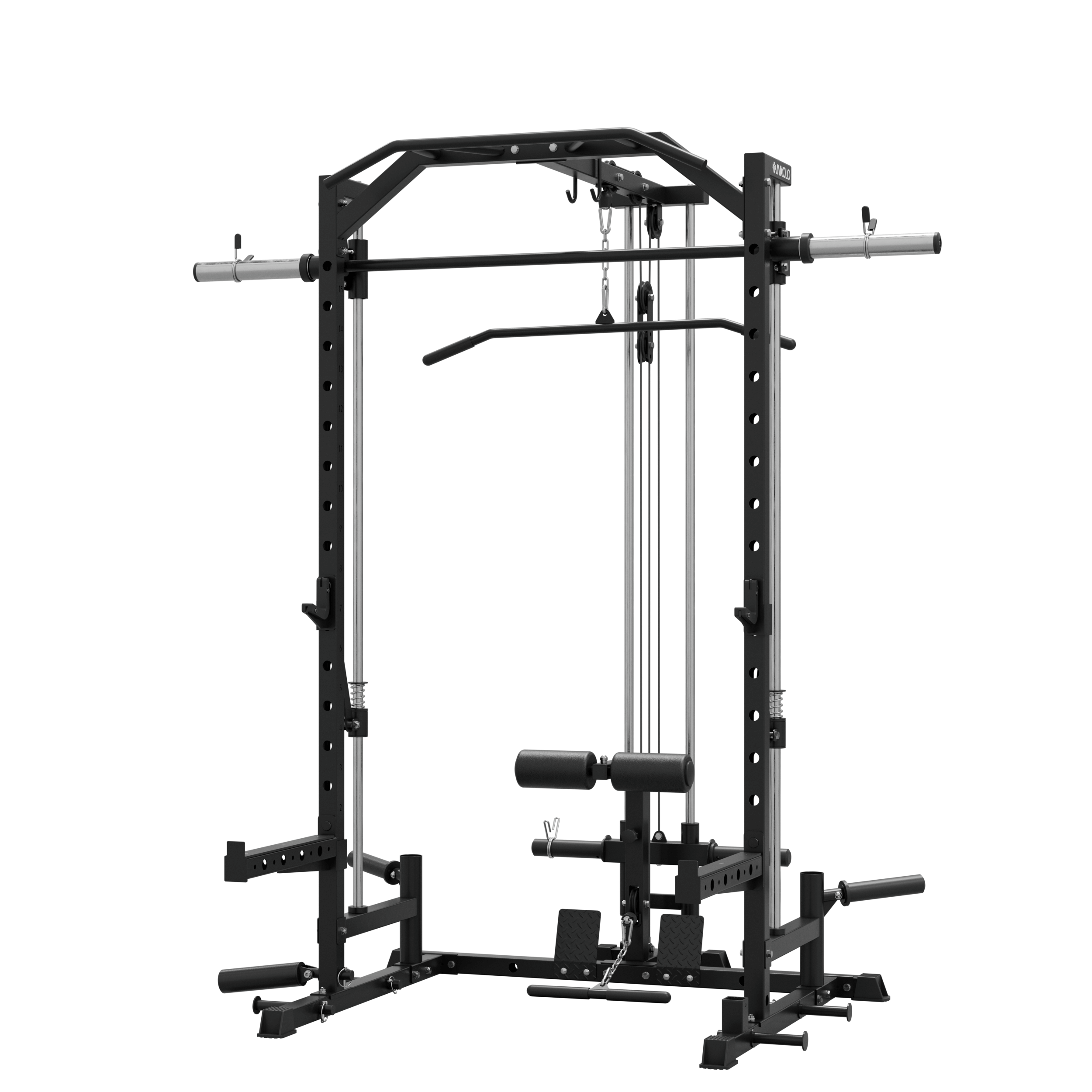


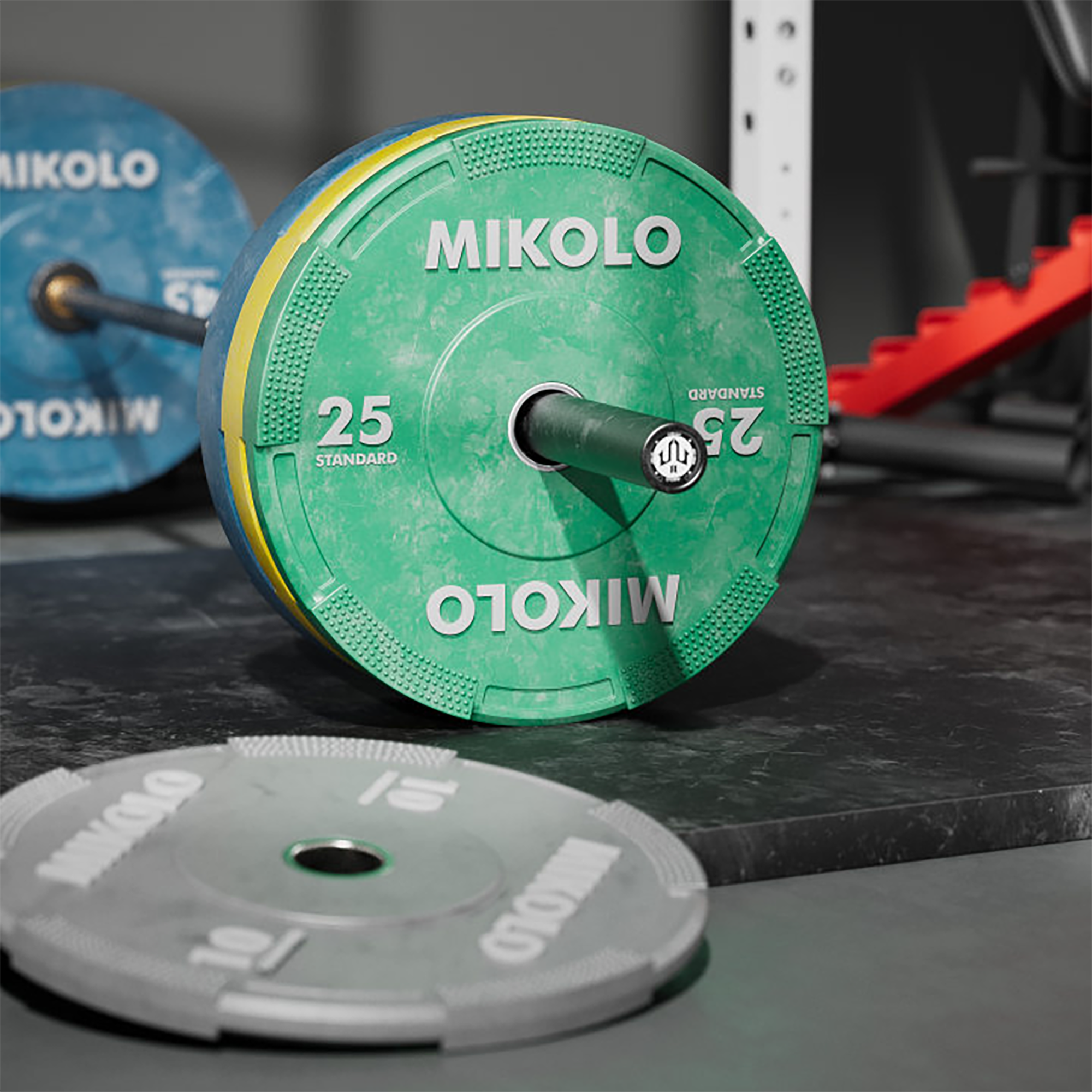






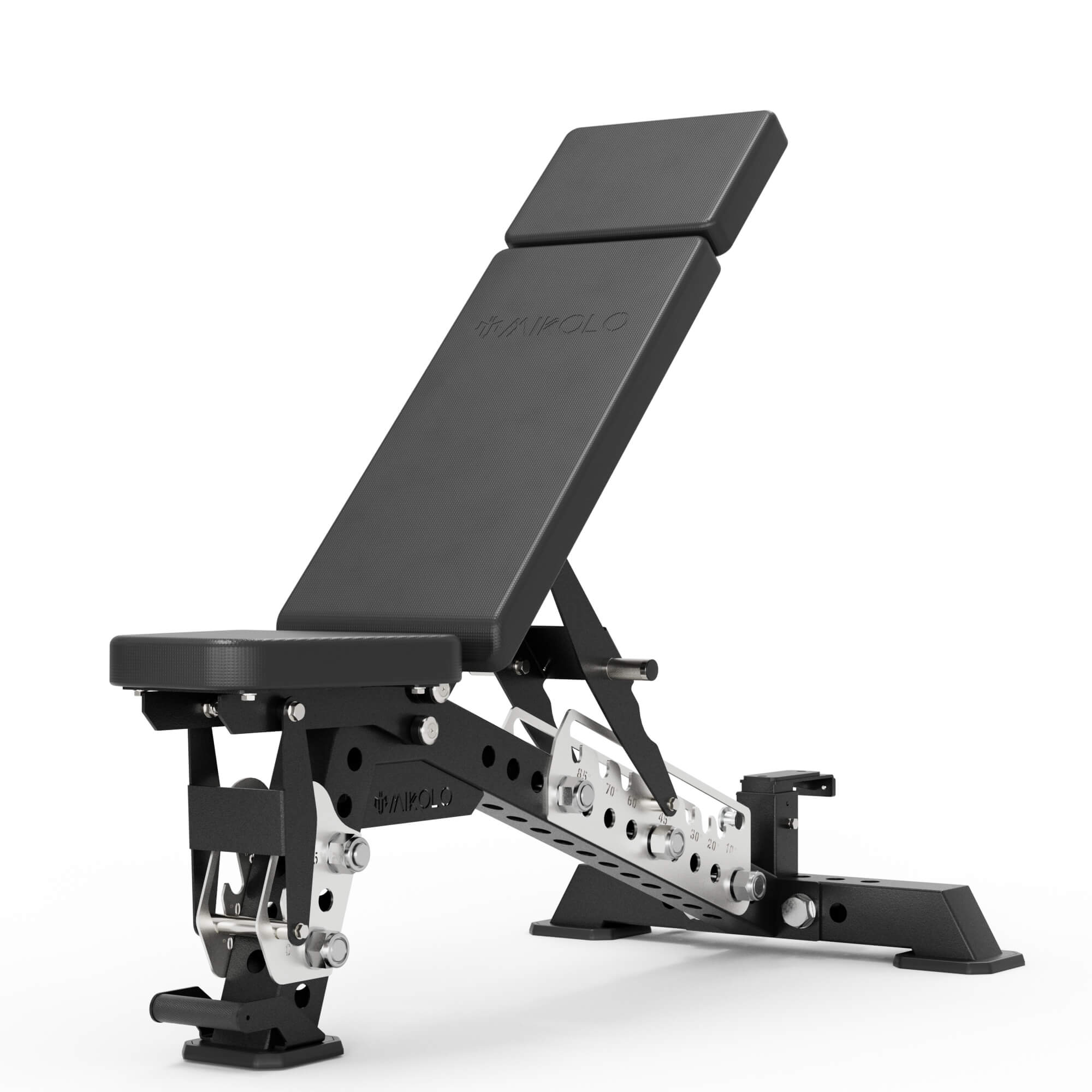





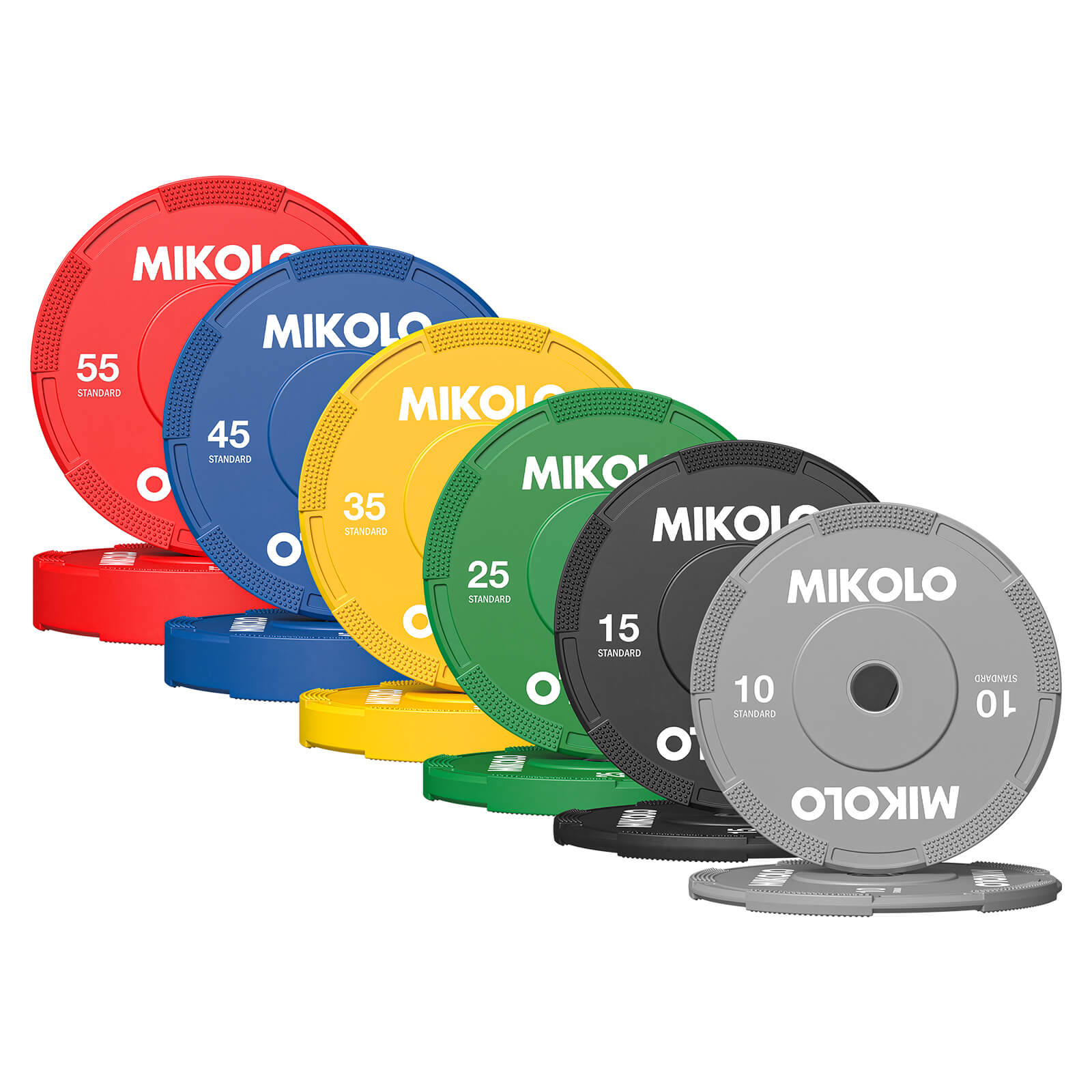

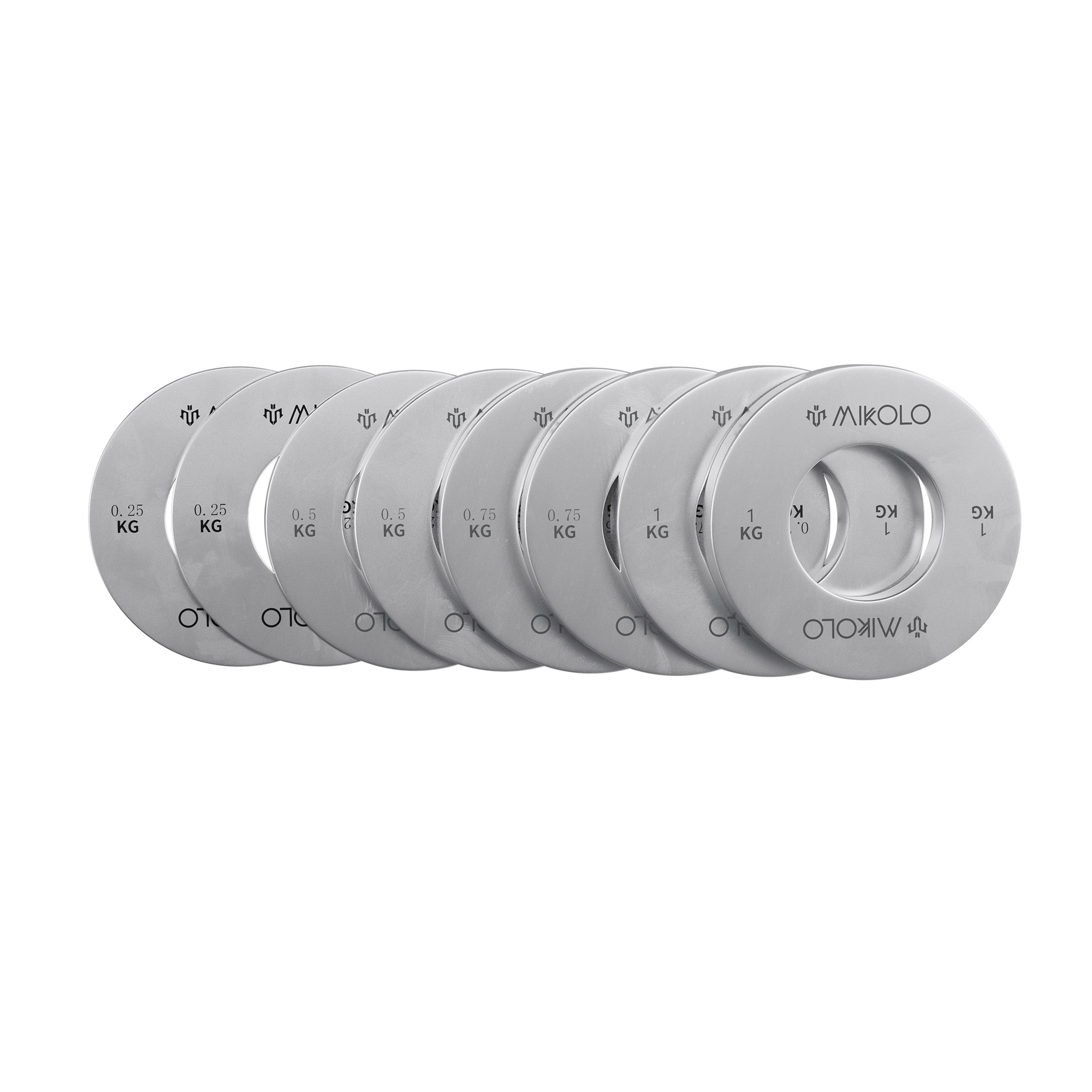

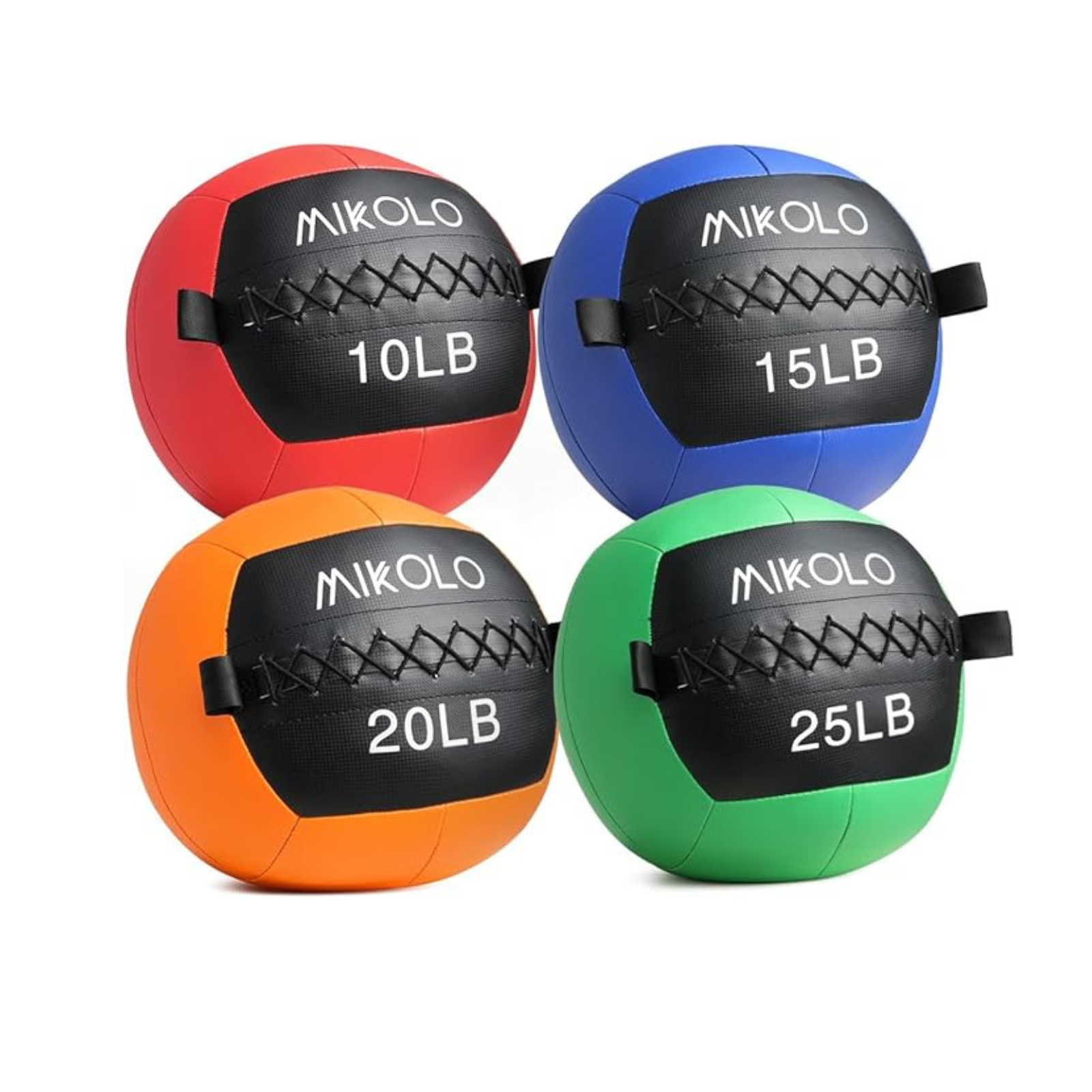
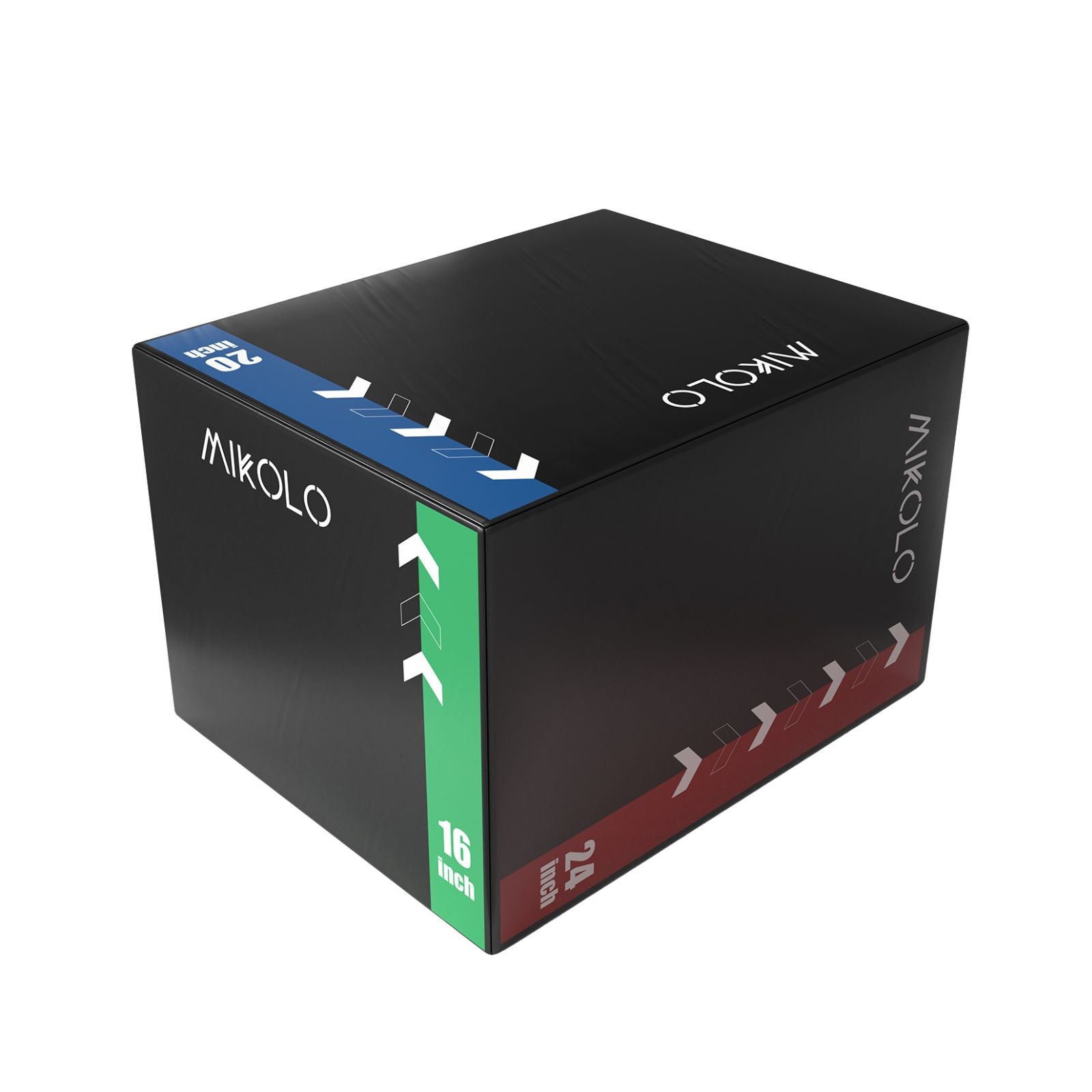






Leave a comment
This site is protected by hCaptcha and the hCaptcha Privacy Policy and Terms of Service apply.